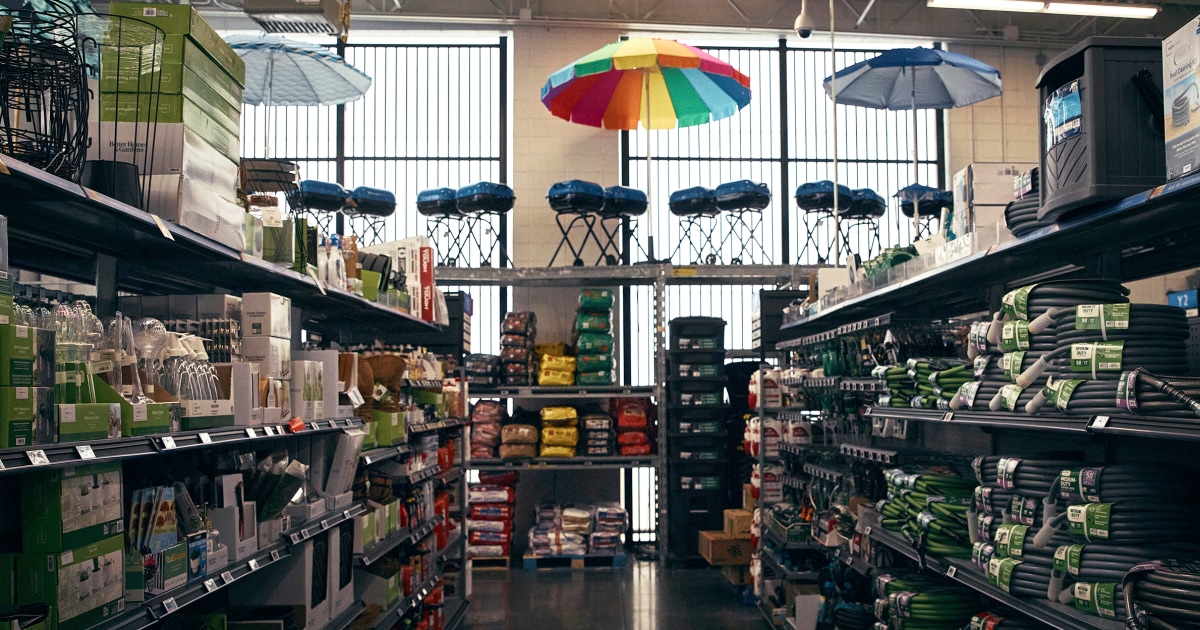Insights from the Frontlines: Small Businesses and Trump’s Tariff Policies
Understanding the Impact of Tariffs
In recent years, President Donald Trump’s tariff policies have sparked significant changes in the economic landscape, particularly affecting small businesses and entrepreneurs. Tariffs, which are essentially taxes imposed on imported goods, have the power to reshape industries by altering cost structures and influencing consumer behavior. For small business owners who rely on imported inventory, parts, or materials, these changes can be particularly daunting.
The Sourcing Dilemma
Many small businesses source their products from overseas, taking advantage of lower production costs abroad. However, the implementation of tariffs has forced these owners to rethink their supply chains. Increased costs have become a common concern. Business owners have described feeling the pressure as they navigate the complexities of sourcing materials. The question now is: how do you adapt when your costs increase due to tariffs?
James, an owner of a small electronics shop, shared his experience of having to cut down on imported parts, opting for more expensive domestic alternatives. "It’s a balancing act," he remarked. "You want to keep your prices competitive, but at the same time, I can’t absorb all these costs."
Changes in Consumer Behavior
As businesses adjust to new pricing models due to tariffs, customer behavior also shifts. Many small-business owners have noted that customers are becoming more price-sensitive. With higher prices on imported goods, some consumers may turn to cheaper alternatives or even consider canceling purchases altogether.
Maria, who runs a boutique selling handcrafted jewelry, acknowledged that her loyal customers are starting to express concern over rising prices. "I want to keep my clientele happy, but I also need to ensure my business survives. It’s a difficult position to be in," she said.
Adapting Business Strategies
In light of evolving market conditions, many small business owners are reassessing their strategies. Some are finding creative ways to maintain profitability while accommodating new costs. For instance, certain owners have increased their focus on local sourcing as a means to minimize tariff impacts. Others have diversified their product ranges, offering items with lower tariffs or even shifting towards exclusively domestic products.
David, a restaurateur, has begun sourcing his ingredients from local farms to cut costs. "While it requires more effort in the short term, I believe it will pay off in the long run," he commented. By promoting farm-to-table sourcing, David is not only mitigating costs but also attracting customers who are increasingly interested in supporting local economies.
Communication is Key
A transparent communication strategy has emerged as vital for small business owners during these challenging times. Many are finding success in engaging their customers about the reasons behind price changes. By explaining how tariffs are affecting their business, they foster understanding and support from their clientele.
Laura, a bookstore owner, mentioned her efforts to share stories about her pricing adjustments through social media and newsletters. "People are more sympathetic once they know what’s really happening," she explained. "It creates a sense of community and strengthens my customer relationships."
Seeking Solutions and Support
In the face of these challenges, small businesses aren’t navigating this alone. Organizations and advocacy groups are increasingly stepping in to support entrepreneurs grappling with tariff-related issues. Access to resources and expert advice can make a significant difference for owners trying to adapt.
Many small business owners have also turned to technology for assistance. There are various platforms that provide insights into pricing strategies, cost management, and supply chain logistics.
Conclusion: A Call for Voices
As the impacts of tariffs continue to ripple through the economy, NBC News is keen to hear from small-business owners and entrepreneurs about their experiences. If you’re adapting to tariff changes, whether through pricing strategies, sourcing decisions, or customer communications, your story matters. Sharing your insights not only contributes to a broader understanding but also helps shine a light on the resilience of small businesses during these turbulent times.
If you’re interested in discussing your experience further, consider reaching out for a conversation. Your voice could provide valuable context and inform the ongoing dialogue about the dynamic landscape for small businesses amidst changing economic policies.


